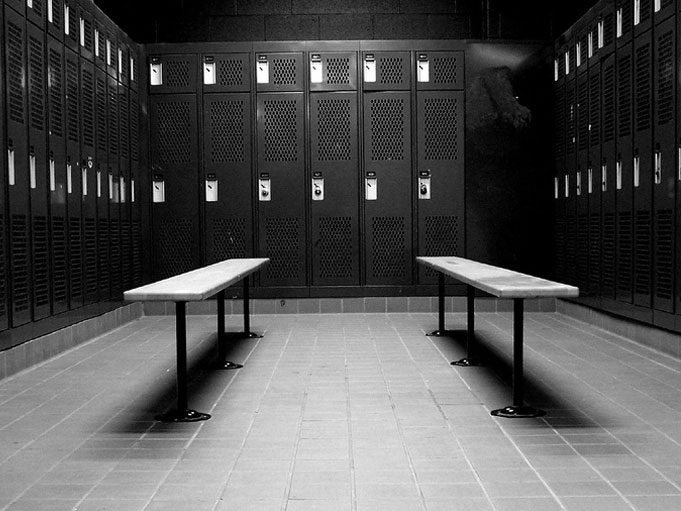Your job doesn’t end after the game is over. Most of the time, the game ends without serious conflict. However, there are some things you should think about immediately after the game.
Unless your specific sport’s responsibilities dictate otherwise, get off the court or field as soon as the game is over. Some sports (like hockey) require officials to watch the teams’ postgame handshake. In most cases, however, the official’s jurisdiction ends soon after the game ends.
When that is the case, there’s no point in hanging around the court or field, even if the game went well in your mind. Remember, competitive athletics is just that —competitive. Sometimes, that competition brings out overly charged emotions against officials. If you’re hanging around near players, coaches or fans after a game, you’re inviting trouble. Avoid the conflicts and get to the locker room or an area away from participants as soon as the game is over. Always leave with your partner(s); make sure they are right behind you if you’re in the lead to ensure all officials are safe.
Postgame locker room, parking lot, etc.
Once you’ve found your way to the solace of your locker room, you can begin to unwind mentally. Keep in mind however, there will be times when participants (usually coaches) are so unhappy they’ll want to enter your locker room to confront you. Simply put, no one belongs in your locker room other than you, your partner(s) and possibly a game administrator (not the home coach!). Don’t let anyone else in to discuss your officiating or the game.
Because of space limitations, many times your locker room is the home coach’s office. Ask the game administrator before the game that the coach wait to get into his office until after the officials have left the premises. That’s ideal, but frankly it rarely happens, especially at lower level games. If a coach enters your locker room because it is a shared space, avoid conversation. Be polite if any response is necessary at all. If the coach enters your locker room and begins an inappropriate discussion about the game or your officiating, ask the coach to leave the locker room until the officials have left. If the problem escalates, contact the governing body (league administrator, assignor or state association, for example) to report the incident.
When you leave your locker room and head for the parking lot, be sure to do so with your partner, if applicable. In rare cases, upset people will hang around in the parking lot after a game to confront you. That’s why you want your partner around; they will help control the situation and serve as a witness if necessary.
If in cold weather, make sure all of your partners’ cars start properly before leaving the premises.
Reporting conflicts.
In the officiating world today, writing reports is becoming commonplace. More times than in years past, officials are required to submit misconduct reports to schools, league offices or larger governing bodies, like a high school state association. Also, some leagues, schools, etc., require officials to submit a game report after every game — even if there was no “misconduct” to report.
Why so many reports? Usually, the reports are used as a tool to protect the official, school personnel and any other entity responsible for a contest from today’s litigious society. Thirty years ago, it was rare for a game incident to end up in court. Today, it’s more commonplace. If you’re involved in a court situation, you’re probably going to be asked to reconstruct the incident —possibly months or years after it happened. That’s a difficult if not impossible task without a written report done just after the incident.
Call first. If you’ve had an unsportsmanlike incident during your game, call the league administrator or assignor first, before sending a written report. Why? Most administrators want to hear about incidents from officials first — before an angry coach calls — so the administrator knows what happened and can deal with that angry coach appropriately. You don’t want your assignor to be surprised by the coach’s phone call when you’ve had time to give the assignor a briefing of the situation.
What's Your Call? Leave a Comment:
Note: This article is archival in nature. Rules, interpretations, mechanics, philosophies and other information may or may not be correct for the current year.
This article is the copyright of ©Referee Enterprises, Inc., and may not be republished in whole or in part online, in print or in any capacity without expressed written permission from Referee. The article is made available for educational use by individuals.


















